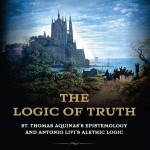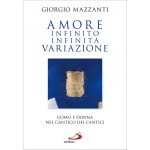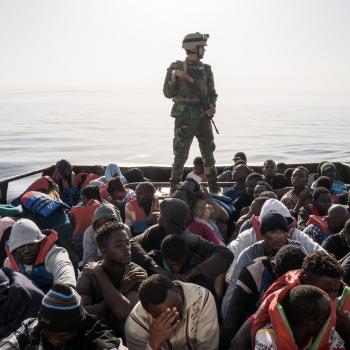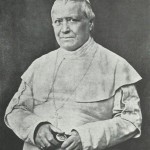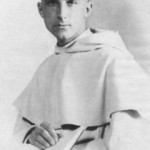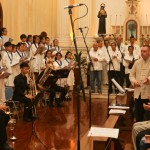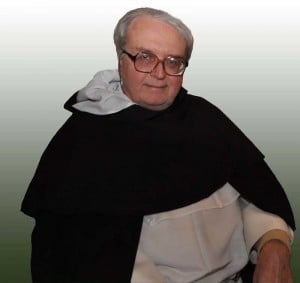 It is well known the opinion of Card. Müller, Prefect of the Congregation for the Doctrine of the Faith, that the Pope’s Ministry needs a “theological structuring”.
It is well known the opinion of Card. Müller, Prefect of the Congregation for the Doctrine of the Faith, that the Pope’s Ministry needs a “theological structuring”.
I do not know what the Cardinal meant with this strange expression; however, on the basis of my experience as a theologian and former-officer of the Secretariat of State, I will try to give my modest hypothesized interpretation hypothesis.
For a long time the Papal Ministry has been the object of studies and explanation by Theology. However, as we know, the theological research is in constant progress, so it is logical that Card. Müller proposes the idea of a Papal ministry’s structuring.
As I understand from his words, it is not a speculative explanation of the dogma of the Primacy and Magisterium of the Pope or the Papal Infallibility, but, regarding the word “structuring”, it is more related to the practice instead of the theory; it seems to be an idea of the practice and authority of the Papal Ministry, more connected to the Gospel and more appropriate to the needs of our time.
In my opinion, more specifically, it is a matter of explaining the differences, in the religious, moral or theological affirmations of the Pope, which ones are those, which involve him as Successor of Peter and Master of the Faith, in at different levels of authority and infallibility – the real papal teachings as Pope, aside from the circumstances, the language or the expressive ways, means or levels – and which instead are the theories or the opinions or point of views, which can be arguable, that the Pope expresses or shows as a private person, as a simple believer, subject to human fallibility and conditioned by the changing influences of the historical, cultural and social context in which he lives.
In the past, we can say that until St. John Paul II, the Popes, in their speeches or teachings, regarding doctrinal questions, did never or almost never expressed personal ideas as private persons or as simple theologians, worried most of all about their ministry and to give absolute certainties to the people of God. This were was not expressed on the very rare occasions of the solemn dogmatic definitions, called “ex cathedra”, but also in the ordinary, at least daily, teachings, as in the huge teaching by Pius XII.
On the contrary, starting with Papa Wojtyla, and with always more frequency, until the today Pope today, they do not disdain to show in frankness, simplicity and humility, also their human gifts and limits, also expressing simple opinions in moral or theological fields, which can be useful but also arguable and revisable.
Here there is the need for the Vatican to explains exactly the border, which separates the first type of thoughts, the ones of the Pope as Master of the Faith, and the ones of the Pope as a man among the other men, who gives modestly his human contribute to the knowledge of the Gospel and is not ashamed to share the limits and the fallibility of his brothers, also ready to learn and to be corrected by them.
(Translation by Marina Madeddu)

